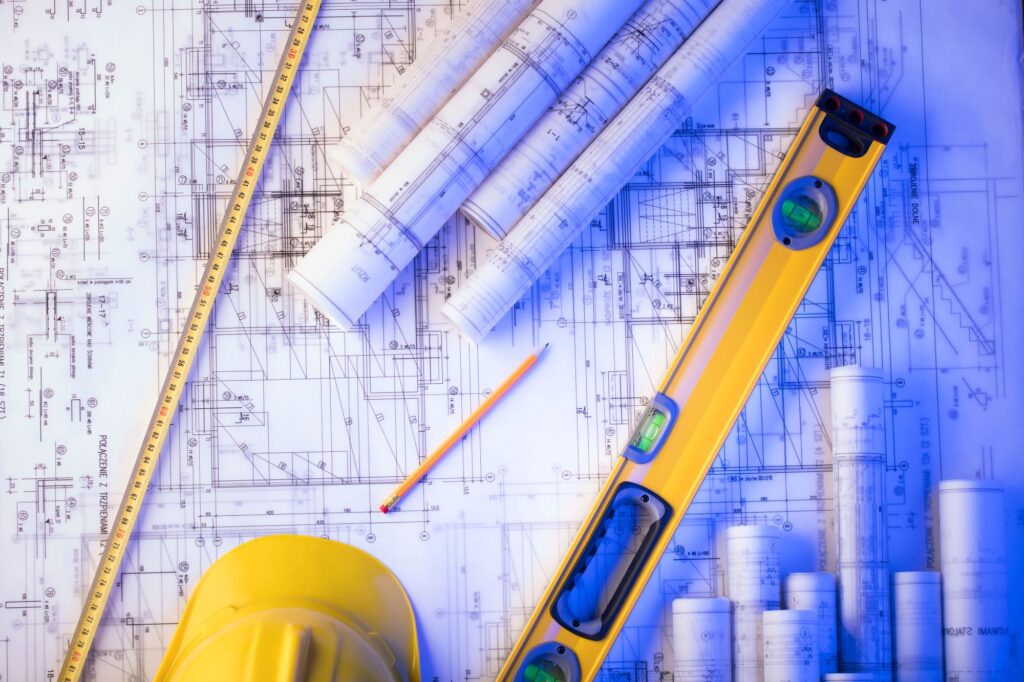Taking on a construction project can be daunting, whether a small home renovation or a large-scale commercial building. A good team of professionals will work closely together for this project, usually headed by a general contractor. From drafting plans, ordering supplies and obtaining all the legal permits, an excellent general contractor has skills and expertise that come in handy to maintain and preserve the construction project’s timeline.
In the United States (U.S.), finding a general contractor in Tukwila, WA, or wherever state you’re from, to work with is step one of the process. Next comes some more complicated facets, where the real work begins. This entails working closely with your general contractor for smooth communication, an excellent professional working relationship, and the project’s overall success.
This post lays down tips for working with a general contractor and what to expect in the whole process. Continue reading to learn more.
Understand The Specific Functions Of A General Contractor
Good general contractors oversee every part of the construction project. Among all their other responsibilities, a general contractor does the following tasks:
- Drafts the budget and a realistic construction timeline. However, this is something a general contractor doesn’t merely decide on and approve of on their own. Ideally, they should also consult the client so that the budget is realistic to what they have in mind, and what timeframe they’re aiming to meet.
- Hire subcontractors for the construction. This is the prerogative of the general contractor. Some have a team to tackle even the specific details like electrical works and plumbing, while others have to outsource.
- Work closely with other professionals like architects and subcontractors. When other professionals like architects and subcontractors come into the picture, it’s also the general contractor’s responsibility to keep in touch, monitor, and work closely with them. This is key to avoiding any miscommunication and issues brought about by such.

Always Compare Quotes First
Never tell a contractor they’re the only one bidding for the job, even if they are. Better yet, compare quotes from at least three different contractors before finally signing a contract with one. The more bids, the better, so you know with total certainty you’re getting the best price possible.
To do this successfully, separate each bid into the following: cost of labor and cost of materials. This helps you have a precise comparison between each contractor. Choosing from only one and letting them know about this gives a contractor too much power. In that case, they’ll feel they have so much leeway to present excessively high quotes just because they know they don’t have competition.
Have A Clear Contract With Compliance Requirements
Before day one of the project, it’s a must for both the contractor and the client to be bound by a contract. This is what sets the metes and bounds of the project, so both ends are aware of the scope of work, obligations of each, plus the rights of every party, too. That way, expectations are clear, and any issues, if there are any, are minimal.
Most importantly, the contract should also specify all the compliance requirements contractors must follow. Without them, the project risks legal action due to incompliance.
With a contract, all the terms are conditions are black and white. That is, of course, given the condition that the contract is professionally drafted too. A lawyer’s assistance is highly recommended for this.
Ask About Subcontractors
Depending on the construction work scope, some general contractors may take in subcontractors to complete the project. These are licensed professionals with specific trades like ceiling and drywall installation, electrical work, and plumbing, to name a few. Even if you trust your general contractor, it’s still prudent to take the extra step of verifying that each of those subcontractors is licensed and insured.
Likewise, ask your general contractor how they plan on managing the subcontractors. This is vital to ensuring everyone on the team is on the same page regarding construction goals, timelines, and expectations.
Communication between the general contractor and subcontractor should be smooth, especially regarding any matters, changes, and requests the client has. Otherwise, you’ll see members of the team pointing fingers at each other, unsure now of who has responsibility over this and that.
The Bottomline
When managing your contractors, it’s no secret that strong and good relationships are oftentimes the key to success. There are many to get by, but their level of expertise isn’t always the same.
Start looking for a good and reputable contractor so that right from the beginning, any problems due to unmet expectations are avoided. As you progress with the construction project’s daily schedule, maintain a cohesive working relationship, both on-site and off-site. The goal should be to resolve any issues as quickly as possible, maintain and observe the construction timeline, facilitate effective communication consistently with your team, and overall work with the unified goal of a successful construction project.






